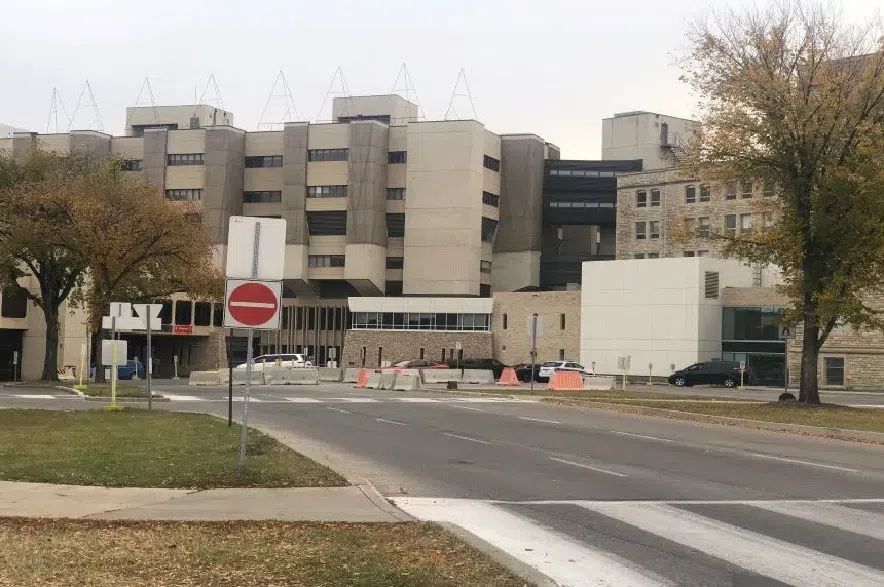Saskatchewan’s First Nations health ombudsperson says she’s calling for accountability from the Saskatchewan Health Authority following a hair cutting incident in Saskatoon.
According to the ombudsperson’s office, 54-year-old First Nations woman Corina Morin, had her hair shaved off without her consent while she was medically incapacitated after being admitted to the ICU at Royal University Hospital on June 10.
Read more:
- Court of Appeal allows challenge to controversial Saskatchewan pronoun policy to proceed
- Swift Current man critically injured after rattlesnake bite while golfing in Texas
- Massive Shoe Fire remains uncontained as 84 blazes burn in Saskatchewan
In a statement, Dr. Dianne Lafond said hospital records confirmed Morin wasn’t able to provide informed consent, and the decision was made by a registered nurse without a formal assessment.
“This is a grave betrayal of trust and a violation of cultural safety,” Lafond added.
“It’s deeply alarming — this is the second time in two years at this same facility, and the fourth case brought to our office. These patterns cannot be ignored. This must end now.”
On Aug. 1, the Saskatchewan Health Authority implemented a new Indigenous hair cutting policy, requiring staff members to receive consent from Indigenous patients before their hair can be cut.
Hair cutting is not required for the treatment of lice, the policy noted, and should only be done as part of life-saving or medically necessary procedures such as brain or head surgeries.
On the rare occasion hair is required to be cut, the policy states hair should never be thrown in the garbage and should be labelled and stored for the patient.
“This policy reaffirms our commitment to the Truth and Reconciliation Calls to Action,” a statement from the health authority noted.
“It supports our work to advance a culturally-responsive health-care environment that acknowledges and respects the spiritual and cultural significance of hair to many Indigenous peoples.”
Lafond said her office is moving forward with a formal complaint, and noted that Morin’s family has not received a formal apology from the health authority.
Morin’s family is expected to speak to the media on Tuesday morning.
“We acknowledge the deep cultural and spiritual significance of hair and braids in First Nations and Métis cultures, and recognize that cutting hair without permission can cause emotional and spiritual harm, evoking past cultural trauma,” the SHA said in a statement sent to CKOM News on Monday.
“The SHA has, and again, extends its deepest apologies for the individual’s experience. A critical incident review was initiated at the time to investigate what had occurred and identify needed actions.”
The SHA went on to say that it had created mandatory cultural responsiveness training for all staff and physicians, amdmore than 90 per cent of staff and physicians had completed this training.
Read more:











